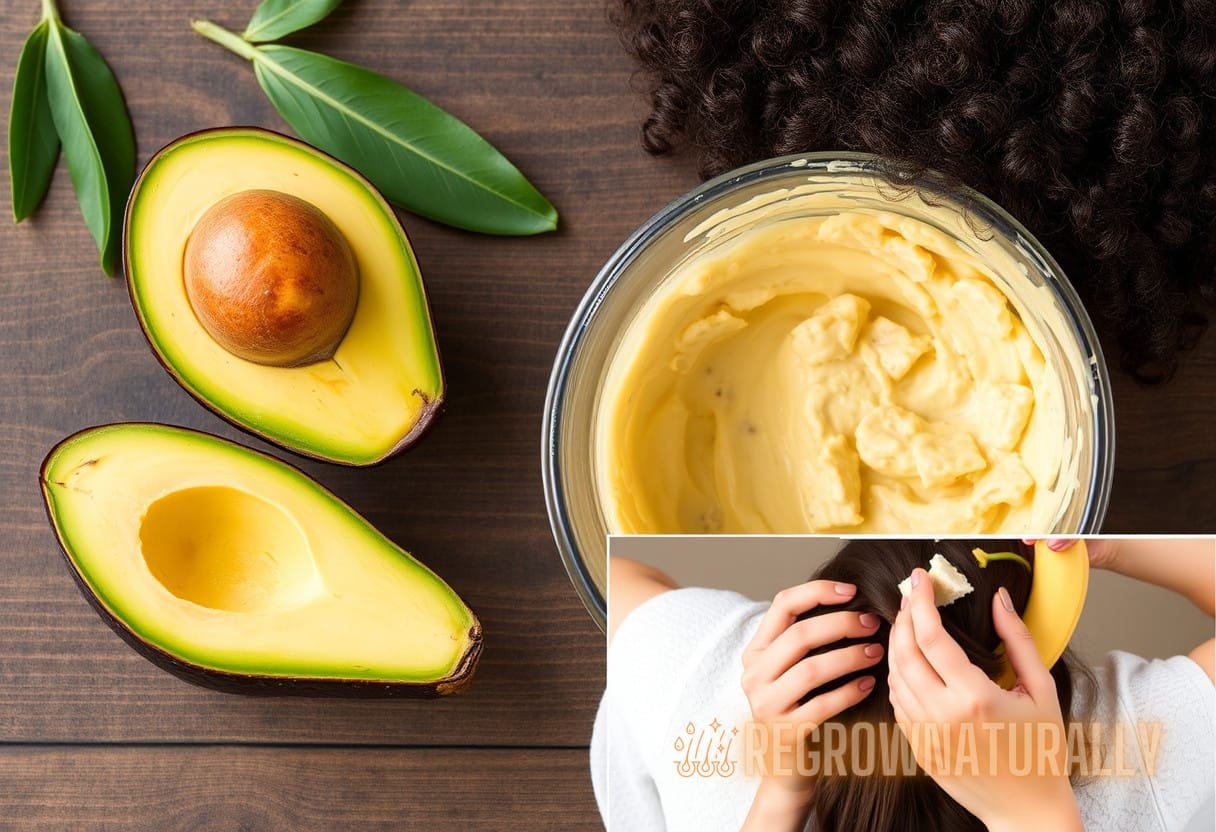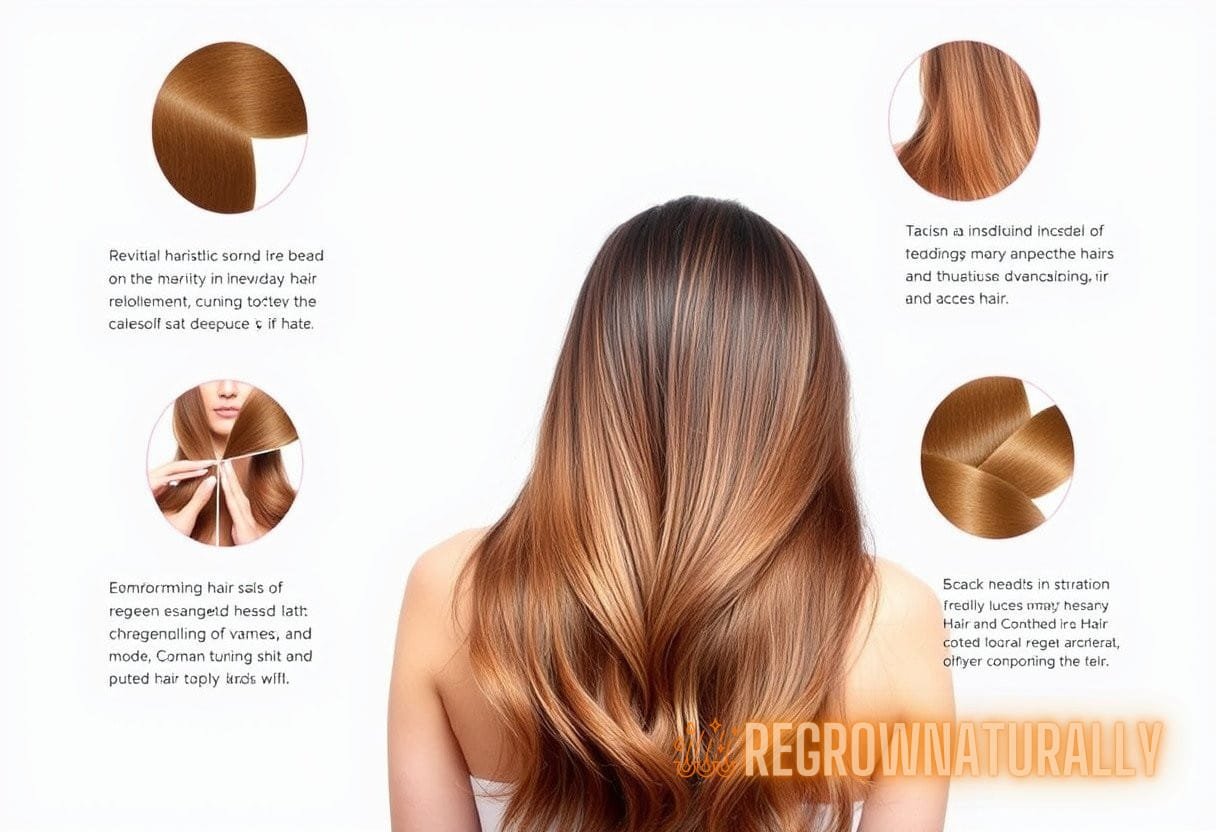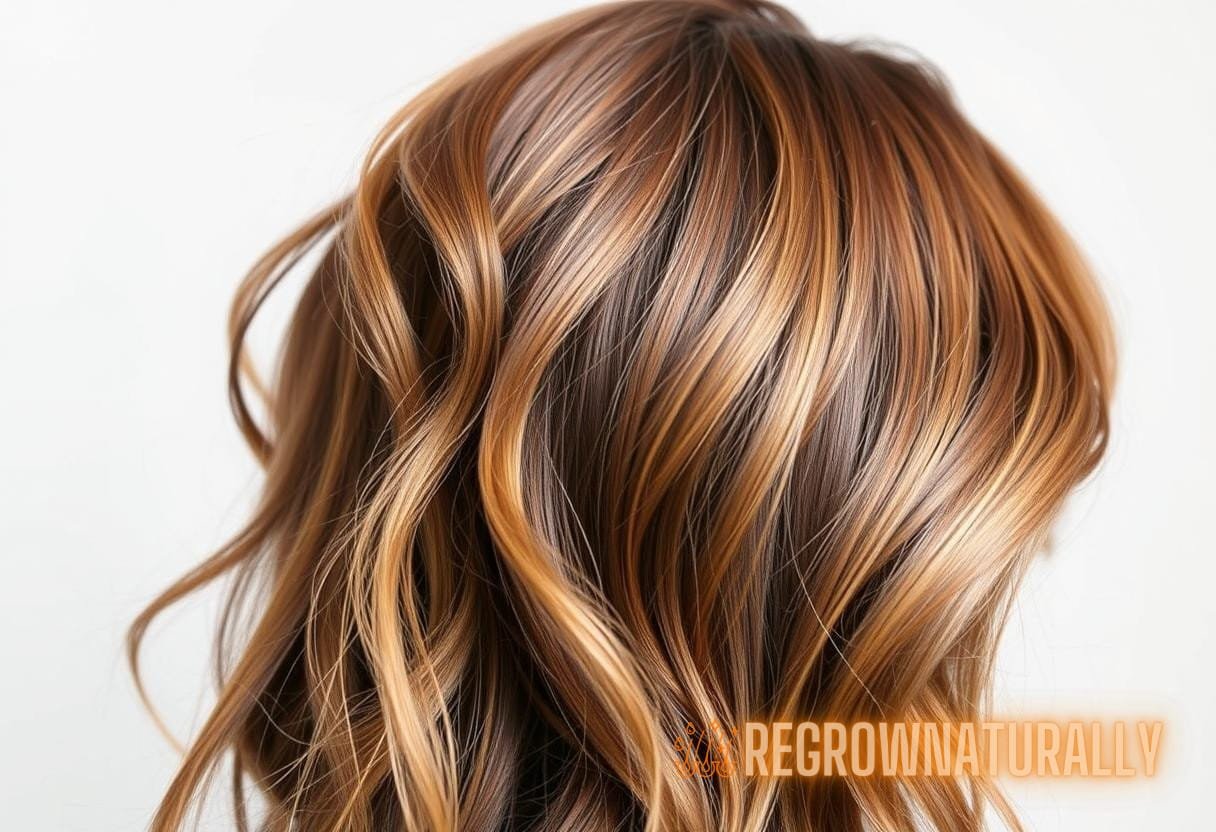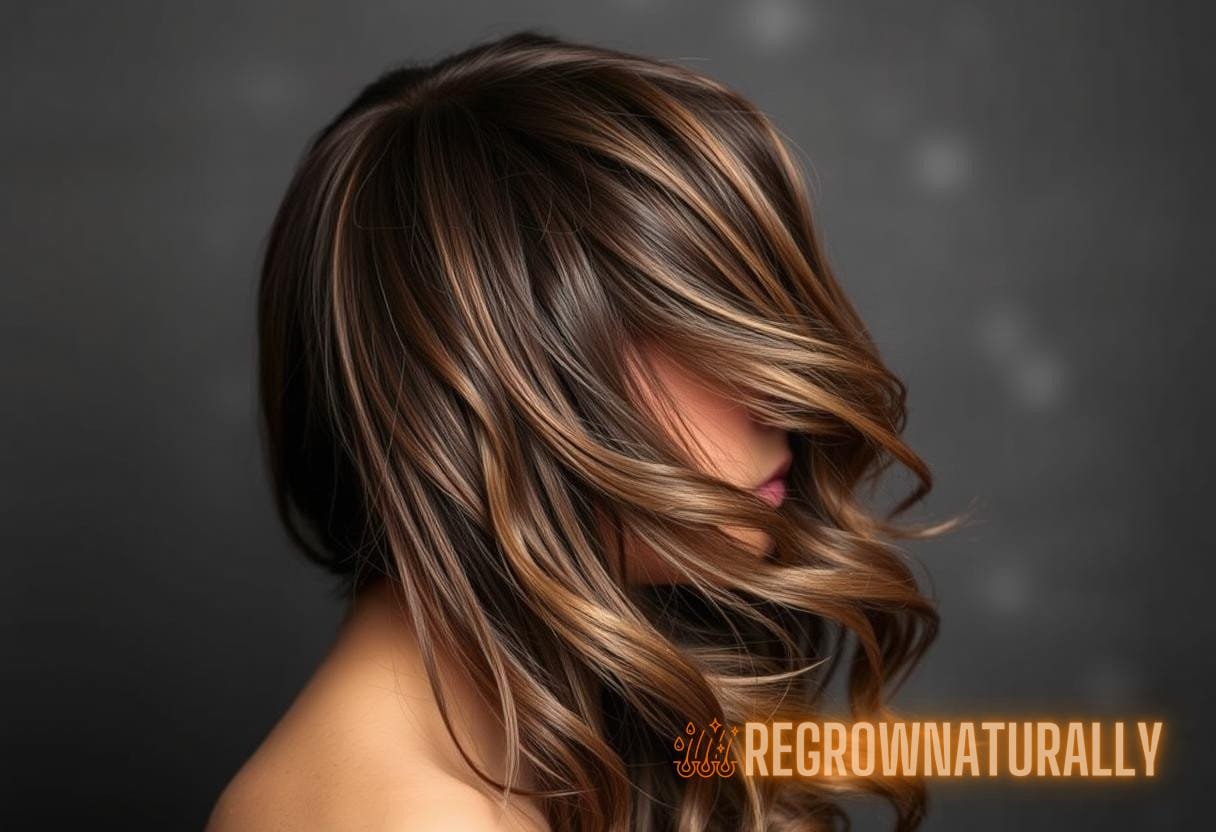Revitalizing Hair Growth: The Synergy of Nutrition and DIY Remedies—A Scientific Review
Hair loss and thinning hair are common issues affecting millions of individuals worldwide. The quest for effective solutions has led many to explore the relationship between diy hair nutrition and the use of natural DIY remedies.
The Science of Hair Growth
Hair growth occurs in cycles: anagen (growth), catagen (transition), and telogen (rest). During the anagen phase, hair can grow significantly, and understanding this cycle is essential for anyone exploring methods to enhance hair growth. An estimated 85-90% of scalp hair is typically in the anagen phase at any given time, making proper care and nutrition crucial for maintaining healthy hair.
According to the American Academy of Dermatology (AAD), factors such as genetics, hormonal changes, and nutritional deficiencies can disrupt these phases, leading to hair loss. Research has shown that certain nutrients play a pivotal role in supporting hair health and growth.
Essential Nutrients for Hair Health
To effectively nourish hair from within, it’s critical to understand the essential nutrients that support healthy hair growth. Here’s a list of vital nutrients:
- Protein: Hair is primarily made of a protein called keratin. Adequate protein intake is crucial for maintaining hair strength. Sources include meats, fish, eggs, beans, and nuts.
- Iron: Iron deficiency can lead to hair loss, particularly in women. Iron-rich foods include spinach, lentils, and red meat.
- Zinc: Zinc plays a role in hair tissue growth and repair. Lean meats, seeds, and nuts are great sources.
- Omega-3 Fatty Acids: These essential fats nourish the skin and support hair follicle health. Fatty fish, flaxseeds, and walnuts are excellent sources.
- Vitamins A, C, D, and E: These vitamins have antioxidant properties that can promote a healthy scalp and hair growth. Sources include leafy greens, citrus fruits, and fortified dairy products.
- B Vitamins: Specifically, Biotin (B7) has been extensively studied for its role in hair growth. Whole grains, almonds, and eggs are potent sources.
Exploring DIY Treatments
With the growing interest in natural remedies, many individuals have turned to DIY treatments for promoting hair growth. The synergy of nutrition and topical applications can be particularly effective. Below are some proven DIY remedies incorporating diy hair nutrition principles.
Oil Treatments
Oil treatments are a classic approach to nourish and moisturize hair. Incorporating specific oils can support hair health:
- Coconut Oil: Rich in lauric acid, it penetrates the hair shaft effectively, leading to reduced protein loss.
- Castor Oil: Known for its high ricinoleic acid content, castor oil enhances blood circulation and promotes hair growth.
- Jojoba Oil: Mimics natural sebum and can moisturize the scalp, promoting a healthy environment for hair growth.
Herbal Infusions
Herbs have been used for centuries in traditional medicine. Several herbs are particularly beneficial for hair growth:
- Rosemary: Studies have shown that rosemary oil can increase circulation to the scalp, promoting hair growth comparable to minoxidil.
- Ginseng: Known for its ability to enhance dermal papilla cell proliferation and prolonging the anagen phase.
- Aloe Vera: Soothing properties can help reduce scalp irritation and flaking, encouraging a healthy environment for hair to flourish.
Applying these herbs as hair rinses or oils is a common practice in DIY treatments.
Nourishing Hair Masks
Homemade hair masks can offer concentrated doses of nutrients directly to the hair and scalp. Here are some effective DIY hair mask recipes:

- Avocado and Banana Mask: Avocados are rich in fatty acids, while bananas provide potassium. Blend one avocado and one ripe banana, apply to hair, let sit for 30 minutes, and rinse.
- Egg and Olive Oil Mask: Rich in protein and vitamins, this mask strengthens hair. Combine one egg with two tablespoons of olive oil, apply, and leave on for 20 minutes.
- Honey and Yogurt Treatment: Honey acts as a humectant while yogurt provides lactic acid for exfoliation. Mix two tablespoons of honey with half a cup of yogurt, apply, and rinse after 30 minutes.
Scalp Massages
Regular scalp massages can enhance blood circulation and promote hair growth by distributing natural oils. Incorporate essential oils like peppermint or lavender during the massage to leverage their potent properties.
Combining Nutrition and DIY Treatments
The combined effect of dietary changes and topical application can significantly enhance hair health. Individuals incorporating both methods report improved hair quality and reduced hair loss. Here’s how you can effectively integrate diy hair nutrition into your regimen:
- Maintain a balanced diet rich in protein, vitamins, and minerals.
- Use DIY hair masks weekly to provide your hair with essential nutrients.
- Implement oil treatments as a pre-wash routine to moisturize and protect hair.
- Experiment with scalp massages using nutrient-rich oils to stimulate blood circulation.
Case Studies and Real-World Evidence
Many individuals have shared their experiences using a combination of nutrition and DIY remedies to improve hair growth. Here are some notable findings:
- A small-scale study published in the journal “Skinmed” reported that participants who combined a high-protein diet with topical rosemary oil experienced significant improvements in hair growth.
- Case studies from various beauty blogs reveal that individuals who consistently applied castor oil and maintained a vitamin-rich diet reported noticeable hair regrowth within a few months.
Potential Pitfalls and Considerations
While DIY remedies can be beneficial, it’s essential to approach them wisely. Here are some factors to keep in mind:
- Allergies: Always perform a patch test before applying any DIY ingredient directly to the scalp.
- Balanced Diet: Relying solely on topical treatments without addressing dietary deficiencies will yield limited results.
- Hydration: Staying hydrated is critical for overall wellness, including hair health.
When to Seek Professional Help
If you experience severe hair loss or suspect an underlying medical condition, consulting with a healthcare professional or a dermatologist is advisable. Professional assessments can help identify potential deficiencies or hormonal imbalances requiring medical intervention.
Further Reading and Resources
If you’re interested in exploring more about the connection between nutrition and hair growth, consider checking out the following resources:
- Nutritional aspects of improving hair growth
- American Academy of Dermatology – Nutrition and Hair Loss
Understanding the intersection of nutrition and DIY methods can empower you with the knowledge to take proactive steps in nurturing your hair naturally. By integrating effective practices in your daily regimen, you can potentially revitalize and enhance your hair growth experience.



